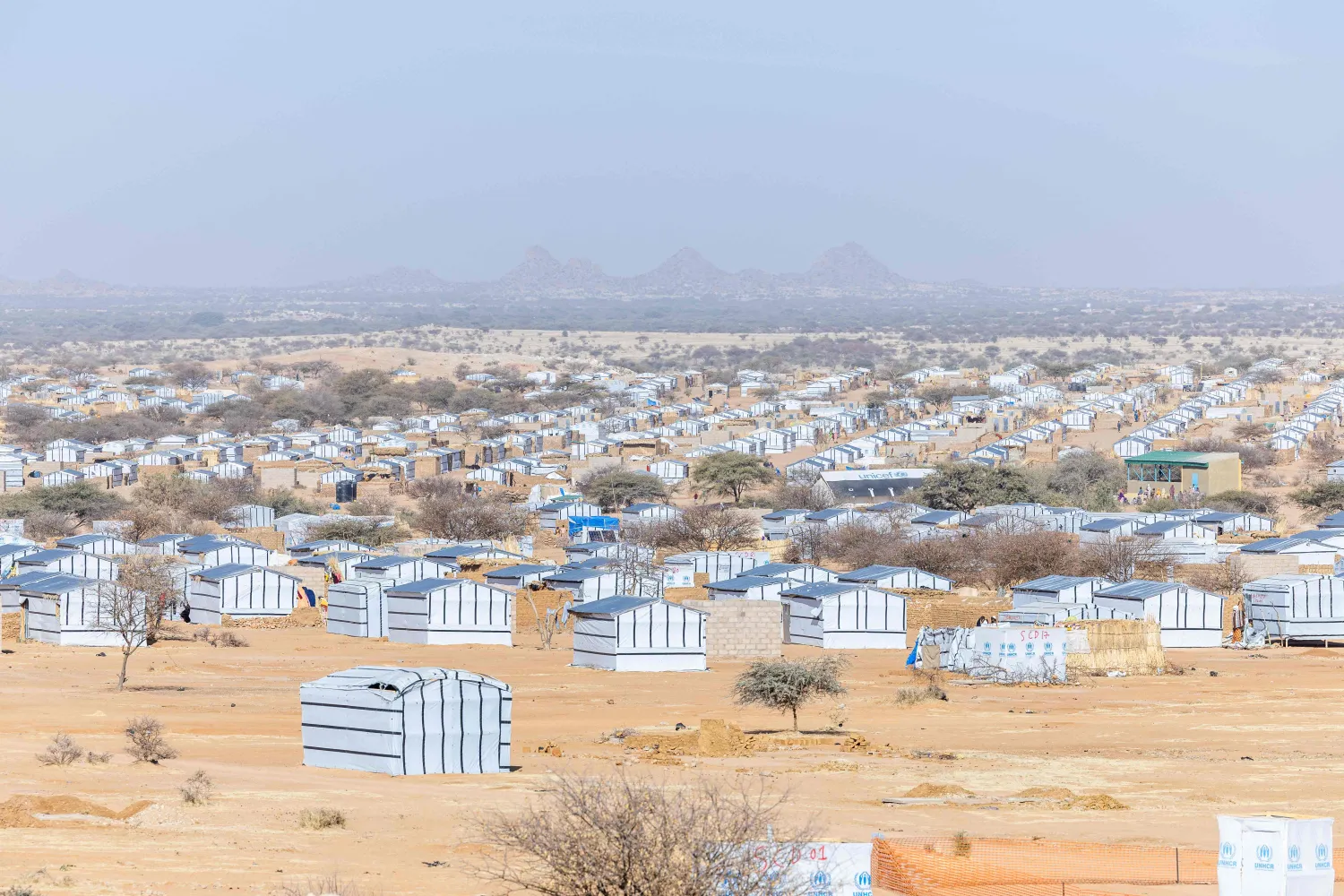Saudi Ambassador to Jordan Nayef Al-Sudairy reaffirmed his country’s keenness on uniting the stances of regional states against Iranian threats and interference policies that affect internal affairs of neighboring nations, destabilize the region, and cause wars.
Speaking at a meeting for Ambassadors of the Gulf Cooperation Council (GCC) countries to Jordan, Sudairy stressed that confronting Iranian threats will steer the approach of the gulf body.
He added that the GCC believes strongly in participating in negotiations, whether directly or indirectly, and in ensuring that the voice of Arab states is heard.
Sudairy also highlighted that the final statement issued by the GCC summit, which was held in the Saudi city of AlUla, confirmed support for Jordan's security, stability, and development, as well as intensifying efforts to implement joint action plans agreed upon within the framework of the strategic partnership between the GCC and Jordan.
The diplomat pointed out that the GCC Council countries in general, and Saudi Arabia in particular, are “constantly” working to strengthen relations with Jordan.
Talks in Amman followed the GCC AlUla summit and were aimed at exchanging views and coordinating stances in support of joint issues.
They also aim at coordinating positions in a way that serves the common interests of Arab Gulf states and Jordan.
Sudairy noted that intensified efforts are being mounted to implement joint action plans that were agreed upon within the framework of the strategic partnership held between the GCC and Jordan.
For their part, the ambassadors of Bahrain, the UAE, Qatar, and Oman said that Gulf-Jordanian relations are “an example for Arab cooperation in all fields,” and a “bright model” that can be built upon to promote joint Arab action and Arab activate agreements and decisions in this regard.
The envoys agreed on the importance of supporting cooperation frameworks between the GCC and Jordan in various fields, the joint statement added.









